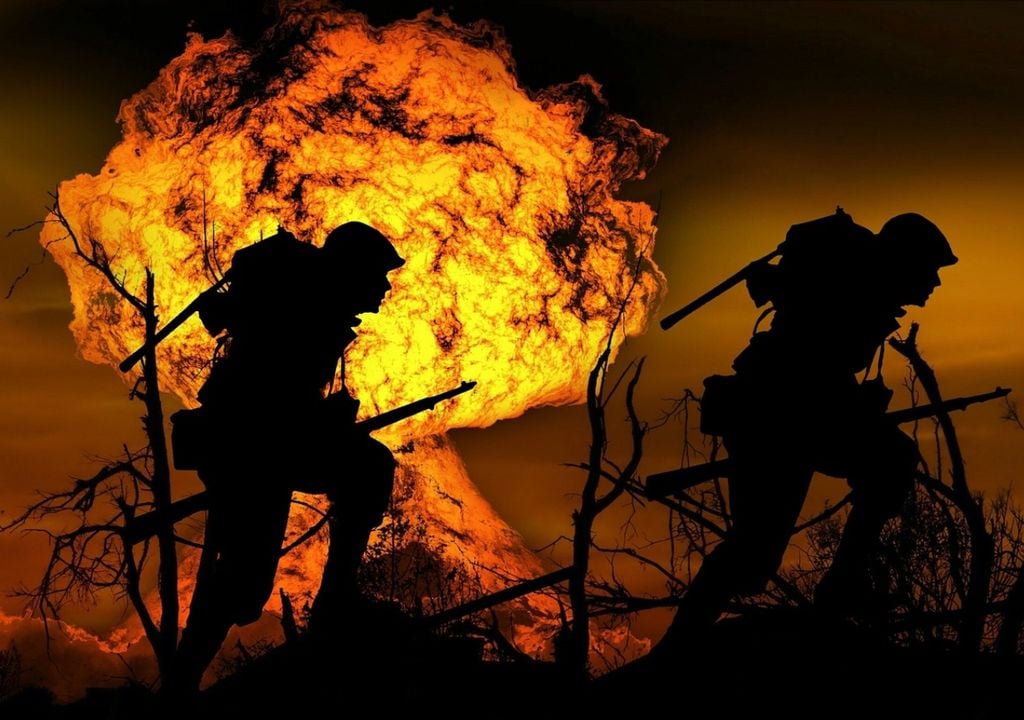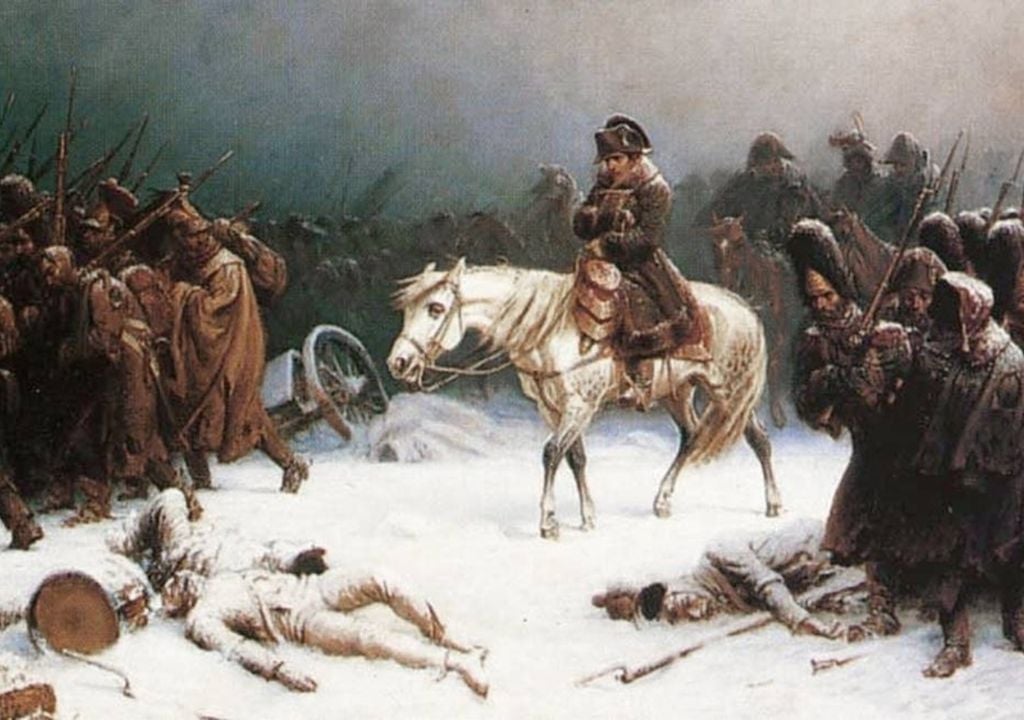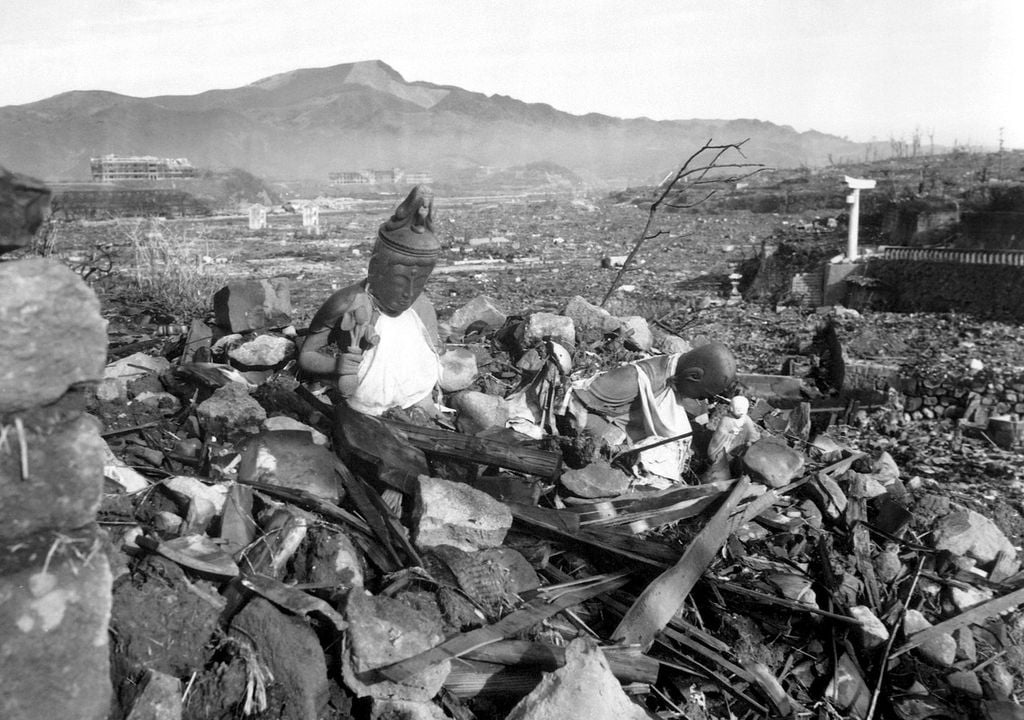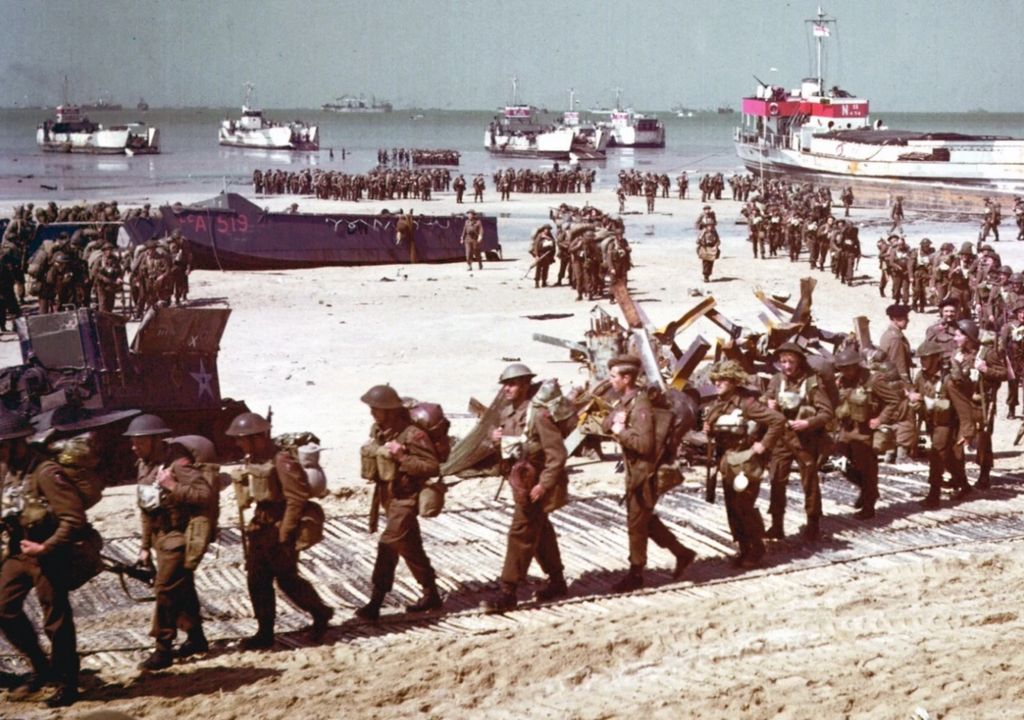
From the beginning of that period Humans have fought many wars that have shaped the history of mankind. All these battles required a great deal of strategy and planning and always, the side that devised the best strategy won. however, In some cases the results were altered by external factorsA good example is, Weather conditions!
Nowadays it is difficult to imagine any strategic planning without taking weather forecast into account. But the forecast we have today is recent, and before that there were no robust tools to predict the weather. This way, Some weather events entered some battles by surprise, changing the course of history! Let’s meet some of them below.
Two invasions of Russia were fought during the winter
Twice in history, Two great leaders tried to invade Russian territory And ended in failure. Was it due to an effective Russian counterattack? No! He The Russian climate is the main protector of the country.
Napoleon’s invasion of Russia
In 1812, NapoleonAiming to further expand its reach, Decided to invade Russia. Although his advisers were against it and warned that fighting in the Russian winter would be dangerous, Napoleon ensured that the invasion would be over before winter began. However, that didn’t happen.

A The invasion was slower than expected And Napoleon lost many soldiers to cold and disease Not prepared for harsh Russian winters And they don’t have much food. On reaching the capital, the Russians did not surrender because they knew Napoleon would not hold out much longer. That’s what happened and Napoleon had to give up and go back!
Nazis against the Soviet Union
And then it was Adolf Hitler attempted to invade the Soviet Union in 1941. He aimed to quickly end the Soviet Union during World War II, and although successful at the beginning of the invasion, as winter came, the temperature dropped and the invasion slowed.
In October 1941, the roads were muddy due to heavy rains, which prevented German tanks from continuing their advance. For two weeks, the troops had to wait for the roads to freeze again, and this delay had serious consequences:The troops approached Moscow during a heavy snowfall. The temperature was -34ºC and the Soviets attacked under this cold wave, catching the weakened German troops and ending Hitler’s dreams.
Destination change: Nagasaki instead of Kokura
Three days after the US dropped the atomic bomb on Hiroshima, Japan, The second destination is not the well-known Nagasaki Yes Gokura CityA district of Kitakyushu, a Japanese city located in the north of the island of Kyushu.

Special Mission 16, responsible for the air strike with the second atomic bomb, was intended to bomb Kokura. But orientation means that the pilot can launch only if the location is confirmed visually, without the use of radar. as The weather in Gokura was cloudy, they sent the pilot to the next city: Nagasaki. Weather conditions were not great either, but at 11:01 am on August 9, 1945, the skies opened momentarily and the atomic bomb was dropped. World War II came to a terrible end.
Tornado saves Washington
During the War of 1812, a war between the United Kingdom and its colonies, The British occupied Washington And, once they were victorious, they decided to set fire to public buildings in the city, such as the White House and the Capitol. A non-strategic move considered unnecessary by many Americans and Britons.
Nothing could be done to put out the fire, but the weather changed the situation. A strong storm passed through the cityAlong with a tornado that passed through the center. The rain extinguished the fire And, after 26 hours, the British left the city. This event is known as “The Storm That Saved Washington”.
Meteorologist who changed the date of “D-Day”.
The world-famous “D-Day”, June 6, 1944, was only when American forces landed in Normandy. This was made possible thanks to the work of meteorologist Maureen SweeneyIt made accurate weather forecasts of storms approaching the English Channel.

The original schedule was to have D-Day on the 5th, but Maureen’s forecast says it will rain today And, for the success of the mission, keeping an open sky was fundamental. Thus, it was decided to postpone D-Day by 1 day and the American invasion was successfully conducted.

“Hardcore explorer. Extreme communicator. Professional writer. General music practitioner. Prone to fits of apathy.”
